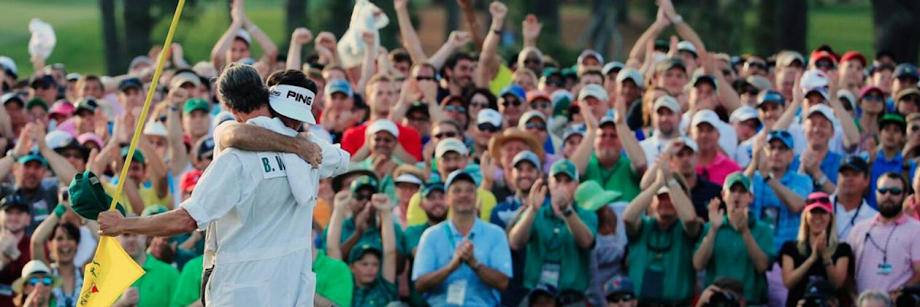Dwayne Wade brought the ball down the floor only to pass behind and to his left to LeBron James. LeBron single-handedly stuffed the ball inside the basket with a right hook that hung in the air for close to a third of those 15 seconds?! Just moments later, Wade’s keen defense and quick hands stole the ball and again he was off and running to the basket. Wade kept the ball and as he slam-dunked it, he brought down the house with it.
In that moment, the Spurs did what they had to do. They called a time out.
I don’t know of another sport that relies on or reveals momentum more palpably than basketball. The timeout, be it a full or a thirty second timeout, is critical as both an offensive and defensive strategy to control it. The Heat were up and their spirits soaring; their adrenaline kicked in. Players were giving one another looks and finding each other all over the hardwood. The Spurs however, needed to regroup and refocus. They needed to return to the game with another plan of action and a fresh mindset. It was, for them, a time out well spent.
I have given a lot of thought to the power of the timeout since that time. As I watched the Forty-Niners battle the New York Giants, I had my eyes fixed on the number of time outs remaining. Watching the longest grand slam final in tennis history today, I thought of how much Rafael Nadal and Novak Djokovic could have used a time out after many demanding, lengthy rallies. Tennis players have “time” every other game as they switch sides, but there is no way to officially take a break during the play of the match. Because of that, it’s difficult for a player to control the speed and momentum of the game.
 Fortunately, in life, most of the time we can take a time out. Children know those two words all too well as a means of discipline. But the grace of the Sacrament of Reconciliation revealed to me another perspective–the spiritual timeout.
Fortunately, in life, most of the time we can take a time out. Children know those two words all too well as a means of discipline. But the grace of the Sacrament of Reconciliation revealed to me another perspective–the spiritual timeout.I don’t remember what I was confessing—how convenient, no? but in our conversation about how I wish I had been more loving and patient, kind and empathetic, the priest counseled me well. He told me when I confront that ever-so-brief but real moment as I am tempted to sin, I should call a spiritual time out.
For example, if I am arguing with my sister and it's gaining momentum, I know exactly what I can say that will “push her buttons.” I am more than aware of the words that will hurt her. This is exactly when I should take a spiritual time out. Maybe it will call me to breathe deeply, maybe it will help me weigh my options—is it really worth it? Maybe it’s to gather the strength to do what is more loving. The spiritual timeout can help me refocus and in the words of the Church to live the words of the Gospel and sin no more.
 My next posting will be about failure. In this life we will fail—be it in a basketball game, on the tennis court and in our relationships with one another and God. We all need tools to succeed, learn and grow to improve and excel. I hope what Father Stephen Maria once told me in the confessional is but one tool for you to consider.
My next posting will be about failure. In this life we will fail—be it in a basketball game, on the tennis court and in our relationships with one another and God. We all need tools to succeed, learn and grow to improve and excel. I hope what Father Stephen Maria once told me in the confessional is but one tool for you to consider.Photo Credits
Wade Dunk
LeBron Dunk
American Airlines Arena



No comments:
Post a Comment